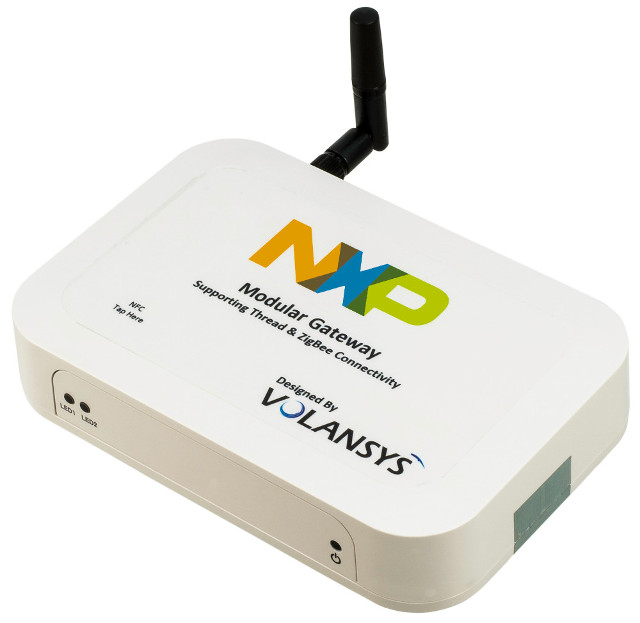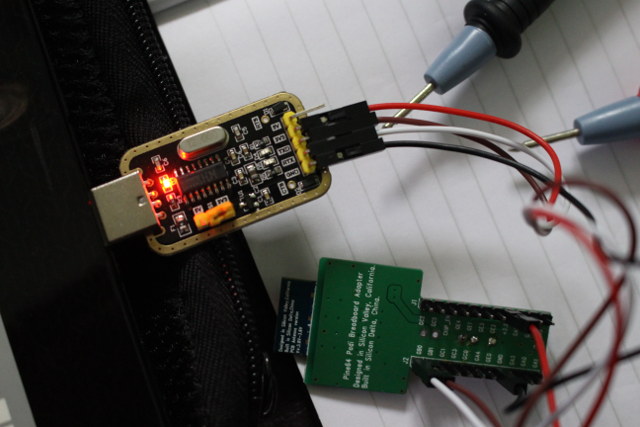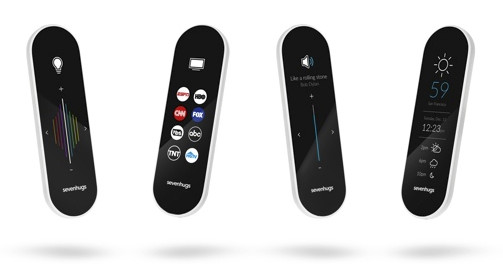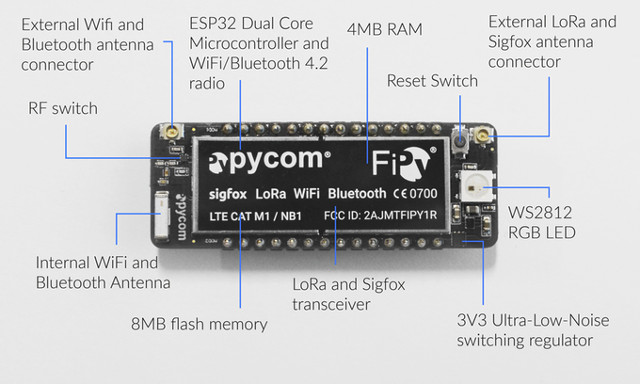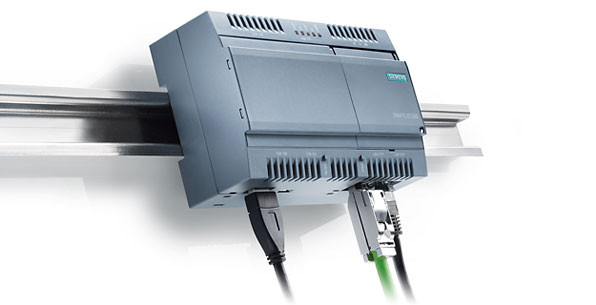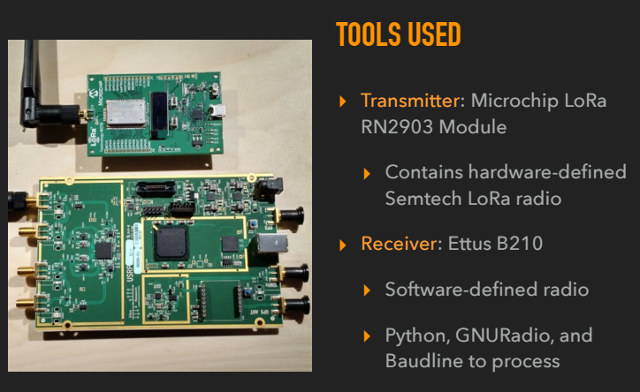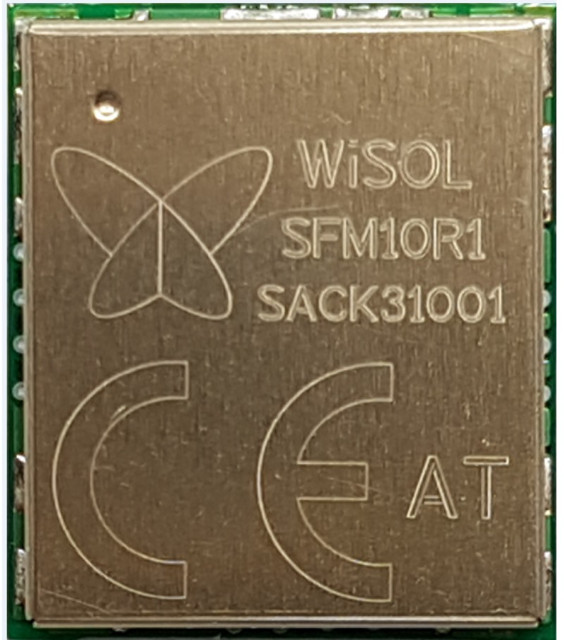NXP has just announced a modular IoT gateway solution for large node networks (>= 250 nodes) based on Volansys i.MX6UL system-on-module, supporting wireless communications protocols such as Thread, ZigBee, NFC through add-on modules, on top of Wi-Fi and Bluetooth 4.1. NXP Modular IoT Gateway specifications: SoM – Volansys i.MX6UL 200-pin SO-DIMM module with: SoC – NXP i.MX 6UL ARM Cortex A7 processor @ 528 MHz System Memory – 256MB to 1GB DDR3L RAM Storage – 1GB to 4GB NAND flash, optional 4GB to 16GB eMMC flash, EEPROM for device info PMIC, Mbit Ethernet PHY Wireless Connectivity Expansion Modules: PN7120 explorer board for NFC Kinetis KW41 module for Thread support JN5169 module for Zigbee support 2x MikroBUS headers Baseboard connectors / features: Storage – 1x micro SD slot Connectivity – 1x 10/100M Ethernet port, Murata WiFi 802.11 b/g/n & Bluetooth 4.1 + EDR module with external antenna connector USB – 2x […]
Getting Started with Pine64 PADI IoT Stamp – Part 2: Serial Console, GCC SDK, Flashing & Debugging Code
PADI IoT Stamp module powered by Realtek RTL8710AF ARM Cortex M3 WiFi SoC is a potential competitor to Espressif ESP8266 modules. Pine64, the manufacturer of the module, sent me their kit with a $2 IoT stamp, a breakout board, a USB to TTL debug board and a J-Link debug board. In the first part of the review I’ve shown the hardware and how to assemble PADI IoT stamp kit. In the second part I’m going to write a tutorial / getting start guide showing how to control the board with AT commands, build the firmware with GCC SDK, and finally demonstrate how to flash and debug the firmware with the J-Link debugger. The Quick Start Guide indicates you need to connect the USB to TTL debug board to UART2 instead of UART1 as I did on the very similar B&T RTL-00 RTL8710AF module, and set connection settings to 38400 8N1. […]
Sevenhugs Smart Remote is a Universal Direction Aware WiFi, Bluetooth and IR Remote Control (Crowdfunding)
You may have all sort of remote control devices around your home from the traditional IR remote control for your TV, air conditioner, audio system etc.., as well remote control apps for WiFi or Bluetooth objects such as smart light bulbs or water pumps running on your smartphone. Sevenhugs Smart Remote promises to replace them all, and all you have to do is to point the remote control to your devices, or setup virtual actions to your door or window to order a Uber drive or check the weather. Sevenhugs Smart Remote specifications: MCU – ARM Cortex-M4 @ 200 MHz System Memory – 32 MB RAM LCD – 3.43″ touch screen IPS display; Dragontrail damage ans scratch resistant cover glass, anti-fingerprint & anti-glare Wireless Connectivity – IR transceiver, 802.11 b/g/n WiFi and Bluetooth 4.1 LE connectivity USB – USB C port for charging Sensors – Indoor positioning sensor, accelerometer, gyroscope, […]
39 Euros FiPy Board Supports Sigfox, LoRa, LTE Cat M1/NB1, Bluetooth 4.2, and WiFi (Crowdfunding)
Long range LPWAN solutions have just started to hit the market, and there are so many standards such as Sigfox and LoRa that it’s difficult to know who will eventually be the winner, or if different standards will co-exist over the long term, and in a general sense it might not be so easy to decide which one is best suited to your project without experimenting first. Pycom has a solution to this problem, as they’ve made a board similar to LoPy with WiFi, Bluetooth, and LoRa, but instead included 5 long and short range IoT protocols: Sigfox, LoRa, LTE Cat M1 & Cat NB1, Bluetooth, and WiFi. Pycom FiPy board specifications: SoC – Espressif ESP32 dual core Tensilica L108 processors @ up to 160 MHz with BT 4.2 and WiFi System Memory – 4MB RAM Storage – 8MB flash memory Connectivity WiFi 802.11 b/g/n @ 16 Mbps up to […]
A Closer Look at Ingenu RPMA Alternative to LoRa or Sigfox LPWAN Standards & RPMA Development Kit
I’ve recently started to write a bit more about long range LPWAN standards for IoT applications, especially LoRa and Sigfox, as commercial networks are being launched, and relatively low cost hardware platforms are being introduced to the market. There are also other highly expected standards such as Weightless and LTE Cat M that will bring more competition to the market. Ingenu RPMA (Random Phase Multiple Access) is another available standard that’s been in deployment for a while, and based on an earlier comparison of long range LPWAN standards, it comes with long range, supports up to 384,000 nodes per “sector”, operates in the unlicensed 2.4 GHz ISM band, and offers high combined uplink and downlink bandwidth than competitors. Ingenu recently contacted me and provided some more details and information about their technology and development kit. One of the documents includes an “independent analysis completed by ABI Research, Inc.” comparing features […]
Siemens SIMATIC IOT2000 UL Approved Educational & Industrial IoT Gateways are Powered by Intel Quark Processor
Siemens has recently released SIMATIC IOT2000 series IoT gateways based on Intel Quark X1000/X1020 processor also used in Intel Galileo Gen 2 board with both IOT2020 educational version, and IOT2040 industrial version featuring UL-approval, Arduino headers, and a mini PCIe expansion socket. SIMATIC IOT2040 specifications: SoC – Intel Quark X1020 32-bit processor @ up to 400 MHz with 16KB cache (2.2W TDP) System Memory – 1 GB RAM Storage – micro SD slot Connectivity – 2x Ethernet ports Serial – 2x RS232/485 interfaces USB – 1x USB 2.0 port, 1x micro USB device port Expansion – Arduino UNO compatible headers, mini PCIe socket Misc – Battery-backed RTC Power Supply – 9 to 36V DC wide-range power supply Dimensions – 144x90x54 mm Weight – About 200 grams Temperature Range – 0 °C to up to +50 °C Certificates – CE, UL, FCC, KCC, RCM The device support wall-mount and DIN rail […]
GR-LoRa is a Reverse-Engineered Open Source Implementation of LoRa PHY
LPWAN standards such as LoRa or Sigfox allow you to transmit data over long distance, at ultra low power (up to 10 years on a AA battery), and for free if your use your own network (P2P or gateway), or a few dollars per years if you go through a network provider. The low cost is possible since those standards rely on 900 MHz ISM bands, meaning nobody has to pay millions of dollars to the government to obtain a license fee. Matt Knight looked at LoRa, and while Level 2 and 3 of the protocol (LoRaWan) has public documentation, Level 1 (LoRa PHY) is proprietary and the standard is proprietary. So he decided to reverse-engineer LoRa PHY using Microchip RN2903 based LoRa Technology Mote and Ettus B210 USB software defined radio, and software packages and tools such as Python and GNU Radio to successfully deliver GR-LoRa open source “GNU Radio […]
$2 Wisol SFM10R1 & SFM10R2 Sigfox Modules and Evaluation Board
LoRa appears to be one of the most popular long range lower power WAN standards, at least based on the number of hobbyist boards coming to market, but hardware is not exactly cheap with modules such as Microchip RN2483 & RN2903 LoRa modules selling a little over $10, and development board such as LoPy normally going for at least $35. If large scale IoT is ever going to take off, prices will have to go lower, and AFAIK we are still waiting for the promised sub $2 Weightless chips. But if Elettronica In tweet is to be believed some Sigfox modules made by Korean company Wisol are selling for just $2, likely in larger quantities. WiSOL SFM10R1 is made with RCZ1 (Radio Configuration Zone 1 – ETSI – Europe), while SFM10R2 module is made for RCZ2 ((Radio Configuration Zone 2 – FCC – North America). SFM10R1 key features and specifications: […]


